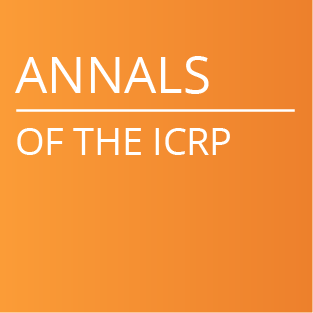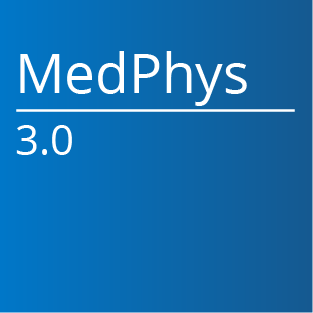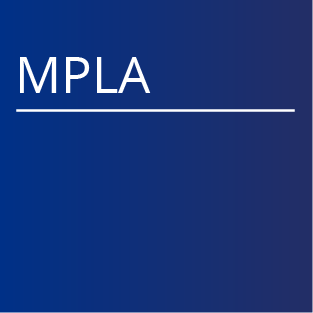Weddle's Syndicated Content:
The Time for Starting is Now
A recent study by Bellevue University found that sixty percent of Americans "have given some thought or a lot of thought to going back to school." With all due respect, what are they waiting for? Whether they're looking for a new job or trying to improve their performance in the job they already have, the pathway to success is education. So, the time for starting is now, and once begun, there is no time for stopping.
The pace of growth in knowledge and new skills has accelerated rapidly in the last five years. For example:
- In a single year - 2008 - we humans created four terabytes of new information. That's four followed by twenty zeros worth of new knowledge, more than was created in the previous 5,000 years of human history.
- If you start college today in a technical field, by the time you reach your junior year, half of what you learned your freshman year will be obsolete.
Our situation today is like standing by the train tracks as a high speed express whizzes by. That train represents all of the new knowledge, ideas, practices and procedures now being created in the American workplace. It gives us only two choices: we can either leap on the train or watch it pass us by. We can get on board and have our careers propelled forward to higher levels of opportunity and success or we can stay where we are and fall further and further behind.
Now, I understand that some will say experience makes up for a lack of state-of-the-art expertise. That might have been the case when change was slow, but today, it's not. From an employer's perspective, experience now means knowing how things used to get done ... not the best way to do them. So, experience bolstered by up-to-date knowledge is an unbeatable combination, but experience in and of itself is no advantage at all.
Similarly, some will say that a recent college degree is all you need to get your career launched. That might have been true a couple of years ago; today, it isn't. A survey by the Associated Press found that 53.6 percent of all recent college graduates under the age of 25 are either unemployed or underemployed. Certainly, that's a reflection of the sputtering economy, but it also says that graduation is not the end of your education, but is instead its beginning.
A New Job Market & Workplace
We've now entered a period in American history unlike any before it. I know that sounds hyperbolic, but it's true. This new age will put opportunity back into the land that invented it. It has the potential to increase both the paycheck and the satisfaction we bring home from our work. To take full advantage of the upside, however, we will have to adopt a number of different attributes. And, chief among them is our approach to learning.
I'm not talking about life-long learning but rather, about continuous learning. Given the pace and scope of advancements in knowledge, we now have to be in school all of the time. Regardless of our profession, craft or trade, our seniority or years of experience, our graduation date or degree and whether we are employed or not, we must re-imagine ourselves as a "work-in-progress" and keep making progress in our personal development all of the time.
I realize that's a difficult proposition for many to accept. It represents a huge change from what we've known and come to rely on. Whether we've been in the workforce for twenty years or twenty minutes, it is dramatically different from the way a successful career has traditionally been shaped and implemented in this country. Nevertheless, it is what is, and I believe it's better to know the harder truth than the easier fairy tale.
So, the time is now to get back in school. We have a number of sources from which to pick, including academic institutions, professional societies and commercial training companies, but we must stop thinking about it and start going about making it happen. We have to develop the habit of continuous learning in three key areas:
- our profession, craft or trade - the core expertise on which our career is based;
- ancillary skills - capabilities that will enable us to use our core expertise in a greater range of workplace situations (e.g., the ability to speak a second language or use new piece of hardware or software);
and
- career self-management - the ability to give ourselves a meaningful and rewarding experience in the one-third of our lives we will spend at work.
We must reset our sights and stop trying to survive in today's new economy and instead focus on prospering. The key to achieving that goal is learning - acquiring the knowledge to stay at the state-of-the-art in our field, expand the range of skills we can bring to work, and manage our careers to a meaningful and rewarding conclusion. So, let's seize the moment and make it happen.
Thanks for reading,
PeterVisit my blog at Weddles.com/WorkStrong.
June 2012
© Copyright 2012 WEDDLE’s LLC. All Rights Reserved.



















